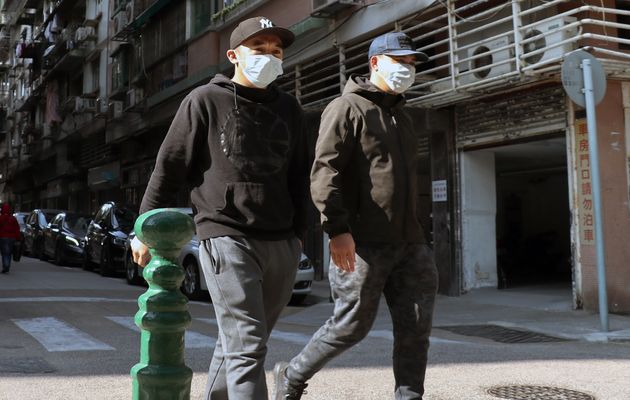More than 100 million Europeans on lockdown as restrictions keep growing
Eight European countries have already declared the state of emergency, banned or strongly restricted the entrance of foreigners, and asked citizens to stay at home.
16 MARCH 2020 · 19:30 CET

According to the World Health Organization, Europe has become the “epicentre” of the pandemic, with more than 100 million people in lockdown, borders being sealed and schools, bars and restaurants closing across the continent.
That is why the EU wants to introduce a 30-day restriction on all non-essential travel into the European Union, in a bid to contain the coronavirus outbreak.
“Here in Europe, we are heavily affected by the virus [..] The less travel, the more we can contain the virus”, European Commission president, Ursula von der Leyen, said this Monday.
The European leaders have planned a video conference for Tuesday to discuss the coronavirus outbreak, to see if and when the measures will be introduced.
BANNED OR RESTRICTED ACCESS
However, the Czech Republic, Cyprus, Denmark, Latvia, Lithuania, Poland, Hungary, Montenegro, Estonia and Slovakia have already banned the entrance of all foreigners.
Additionally, other countries have restricted the access of other European citizens or closed the border with neighbour countries.
Portugal and Spain have agreed to “halt tourism across their 1,200-kilometre shared border”; Germany partially closed its borders with France, Switzerland, Austria, Luxembourg and Denmark; Switzerland banned Italian citizens, and Turkey did the same with Germany, Spain, France, Austria, Norway, Denmark, Sweden, Belgium, Netherlands, and Italy.
STATE OF EMERGENCY
Several European countries have declared the sate of emergency, following Italy, which was the first one to do so, and has recorded 368 deaths in the last 24 hours, bringing the total to 1,809, the worst figure in Europe.
On Monday, Spain, Romania, Serbia, Slovakia, Hungary, Czech Republic and Bulgaria had declared a state of emergency over coronavirus.
STAYING AT HOME
Most European countries have already closed the schools and universities, as well as bars, restaurants and other non-essential outlets.
Additionally, European governments have banned (or strongly recommended if there is not a state of emergency yet) people to leave home, unless they go to work; for essential purchases such as food; for medical reasons; or to help old and sick people.
Only in the UK the schools, restaurants, gyms, theaters, museums remain mostly open, although “elderly people will be told to self-isolate in the coming weeks”, the UK Health Secretary Matt Hancock said. The government will hold an emergency meeting this Monday to consider implementing social distancing measures.
Published in: Evangelical Focus - europe - More than 100 million Europeans on lockdown as restrictions keep growing
